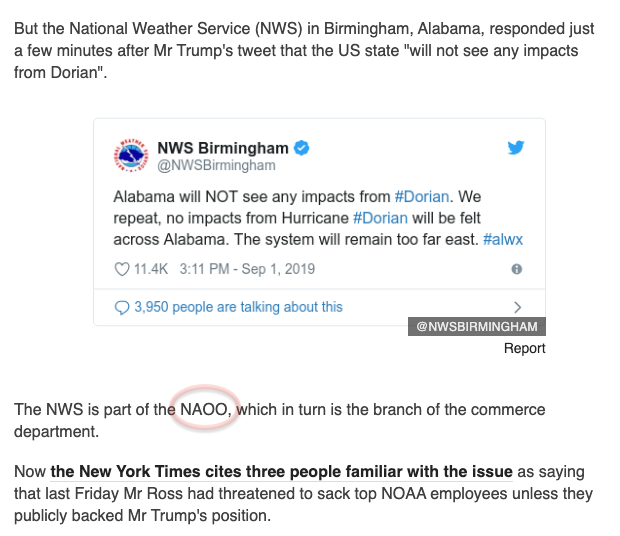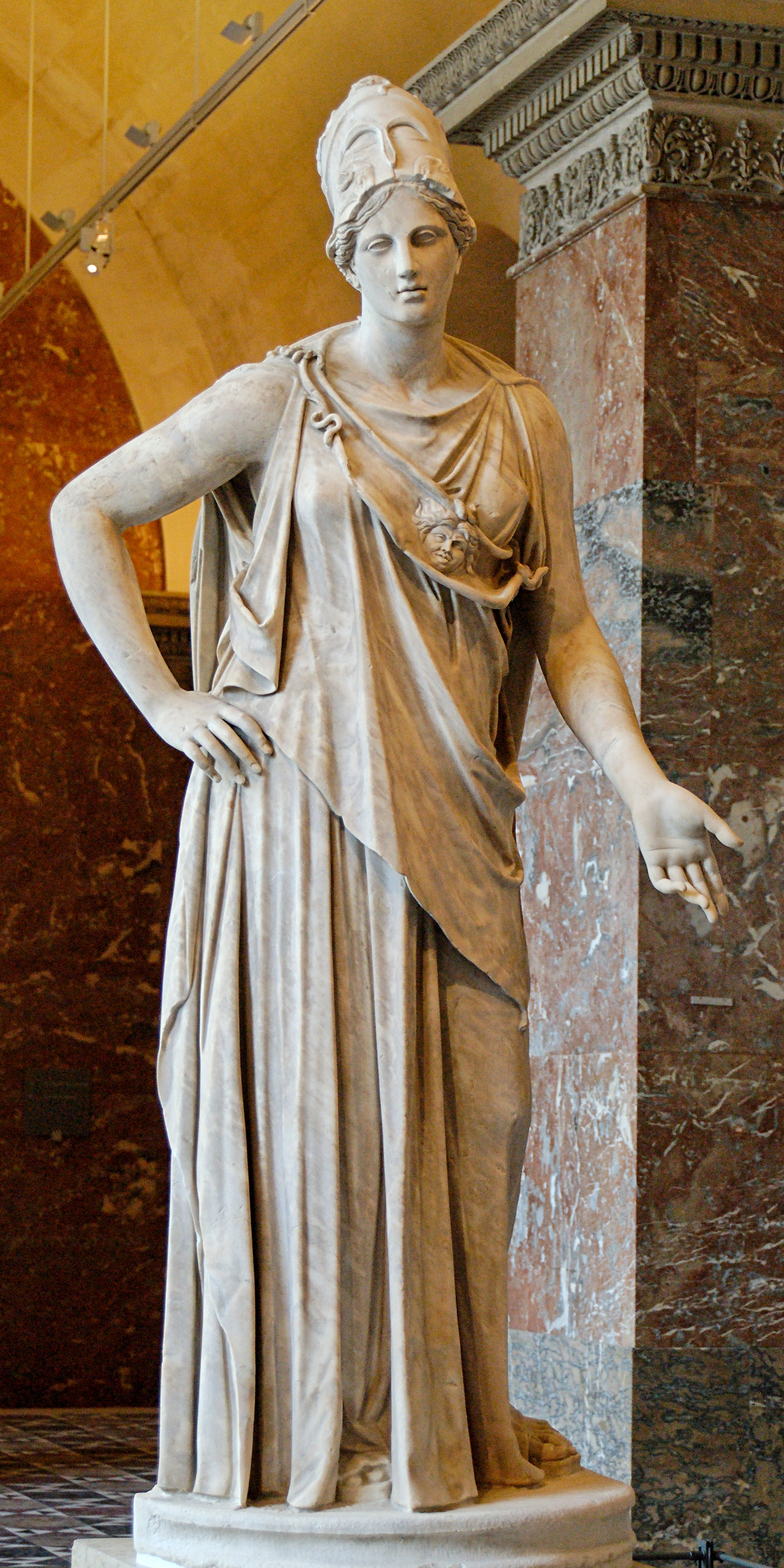Taiwanese and Old Norse words for "homestead, village"
[This is a guest post by Chau Wu]
Tai Po District 大埔區 is one of the 18 districts of Hong Kong whereas 大埔县 (Dabu xian) in Guangdong is a Hakka culture center bordering on Southern Fujian. In Taiwan the term 大埔 (Tōa-po·) is found in about 40 place names such as 大埔鄉 Tōa-po·-hiong, 大埔村 Tōa-po·-chhun, 大埔里 Tōa-po·-lí, etc.
In fact, Tw 埔 (po·) ‘homestead, village’ is the most popular Taiwanese word in place names (Sino-Platonic Papers, No. 262, p. 123). The lexicographer 陳修 (Tân Siu) states in his 台灣話大詞典 (The Great Dictionary of Taiwanese, page 1379) that, “我們台灣以埔po· 為地名者特別多 (In Taiwan we use 埔po· in place names especially plentifully).”
Its corresponding word in Old Norse, bær ‘homestead, village’, is also the most popular word for naming places by the Vikings. Examples are: Sjöbo in Sweden, Maribo and Rødby in Denmark, Valebø in Norway, and Fellabær in Iceland. Its loan to English becomes -by as in Hornby, Gatsby, and the “by” in “bylaw”. Pointing to its popularity, Cleasby and Vigfusson state that, "wherever the Scandinavian tribes settled, the name by or bö went along with them." (An Icelandic-English Dictionary, page 92). It appears that this unique Nordic custom of using bær/bo/by in place names is carried on in Taiwan.
Read the rest of this entry »


